QuestionI work for an insurance company and am dealing with a claim for damage to a salt water fish tank. The people had a smoke loss in their home, and I wanted to see if smoke or soot getting into a salt water tank could cause the tank to crash and the fish to die. I also need to know if every piece of the tank would have to be replaced, including live coral, pumps, lights, the tank itself, etc. Please advise if you can. Any help would be appreciated. Thanks.
AnswerHi Stehanie,
That is a very tricky question. In summary, I can't say for sure. The basic issue is this: salt water tanks with live coral are delicately balanced ecosystems.
The smoke could easily and almost assuredly damage any of the air pumping equipment.
As for the lights, stand, and those sorts of things, including the outside of the tank, well that would be much like any other piece of home furnishing, as in: does smoke damage a lamp? The bulb could be replaced but the fixture might be discolored or smell of smoke.
The tricky question is: could the smoke wreck the water IN the tank? While I have never done a test of this, I would say that it very much depends on how much smoke. Certainly the quantity of smoke one gets from cigarettes would not do it -- lots of marine aquarists smoke. The quantity of smoke one gets from a room-filling smoke fire could easily cause big problems in my opinion, or rather, I would say that I wouldn't be surprised if such a quantity of smoke killed lots of stuff in a salt water tank. If there was actual ash/soot landing on surfaces that would play havoc with the water in the tank by altering the pH radically etc.
Would the tank need to be replaced? Apart from the discoloration on the outside issue as per above, the inside would be fine, i.e., even if the contents had been poisoned by ash, the tank could be washed out and used again.
Personally, I would bleach it for a couple of days.
I hope this is helpful. Sorry if I can't be more specific.
-- Ron
rcoleman@cichlidresearch.com
Cichlid Research Home Page <http://cichlidresearch.com>

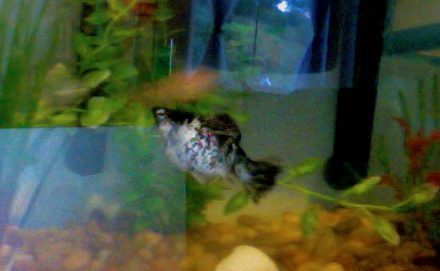 My Aquarium
Question
Dalmatian Molly
Alright wel
My Aquarium
Question
Dalmatian Molly
Alright wel
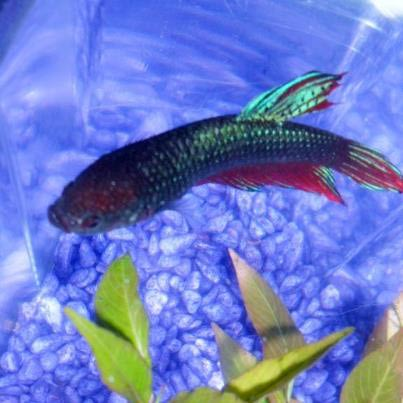 Betta Fish - Care Question
Question
Spike
Hi, First of all I want to thank
Betta Fish - Care Question
Question
Spike
Hi, First of all I want to thank
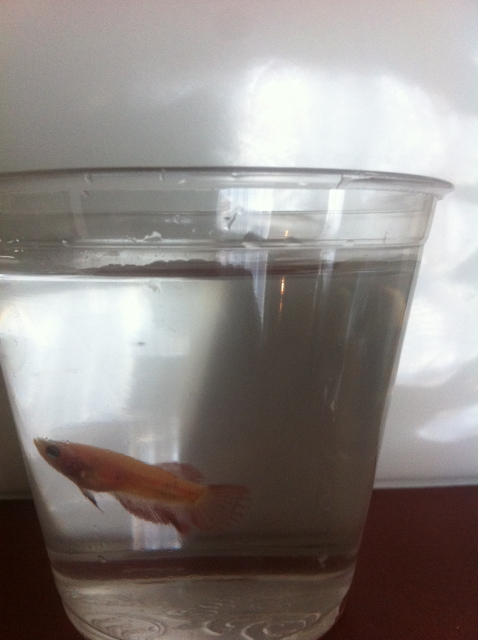 Black Spot/Outlining on Female Betta Picutre Update
QuestionQUESTION: Hello,
I recently purchased a female
Black Spot/Outlining on Female Betta Picutre Update
QuestionQUESTION: Hello,
I recently purchased a female
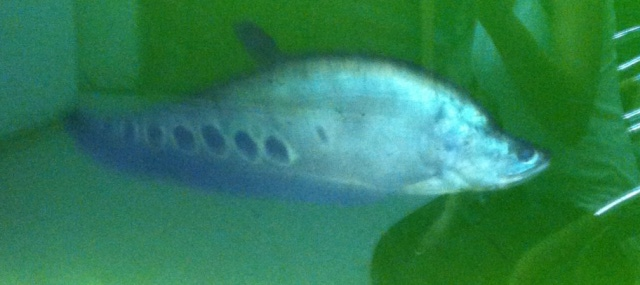 What kind of fish is this??
Question
Fish
I have been trying to figure out w
What kind of fish is this??
Question
Fish
I have been trying to figure out w
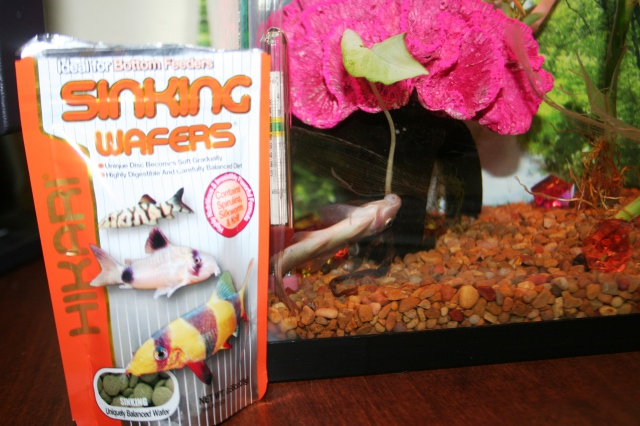 Chinese Sucker fish is sick!
Question
Chinese Suckerfish
4 fish in the 5 gall
Chinese Sucker fish is sick!
Question
Chinese Suckerfish
4 fish in the 5 gall